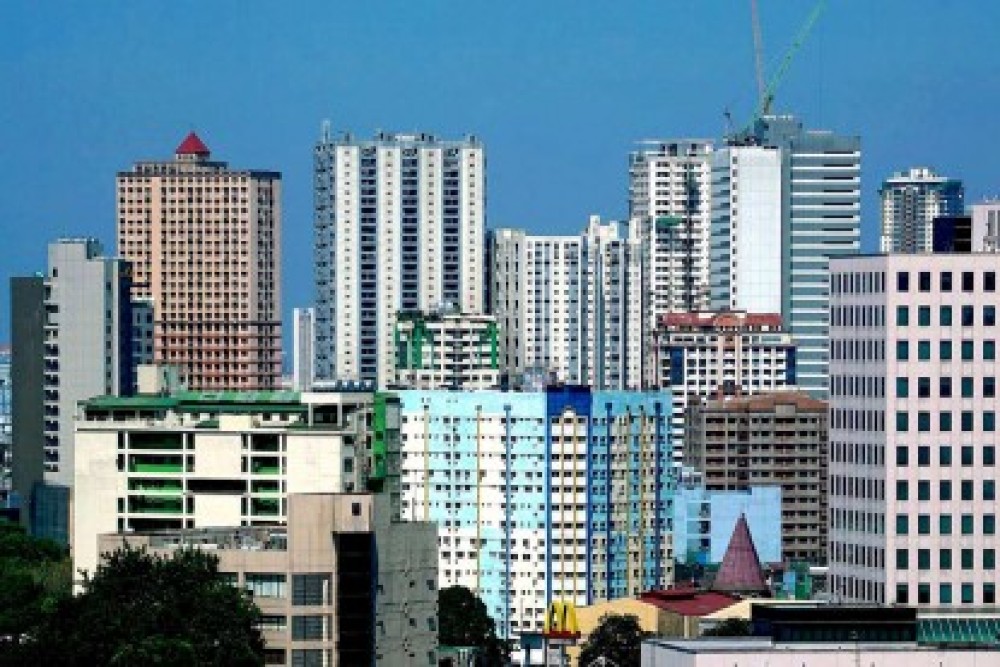The country’s major investment promotion agencies (IPAs) have exceeded their target approvals in 2024, signaling robust economic prospects for the year ahead.
The IPAs are the Board of Investments (BOI), and the Philippine Economic Zone Authority (PEZA)/
This year, the BOI targeted to attract P1.5 trillion worth of investments but ended with P1.62 trillion in pledges.
PEZA surpassed its P200-billion target approvals and closed the year with P214.18 billion in investments.
Compared to 2023 levels, the BOI approvals this year increased by 28 percent, while pledges in PEZA climbed by 22 percent.
“Actual investments above official targets are good signals on the further growth and recovery of the Philippine economy, with more businesses and industries recover towards or exceeding pre-pandemic levels,” Rizal Commercial Banking Corp. (RCBC) chief economist Michael Ricafort told the Philippine News Agency.
Ricafort said the government's efforts to position the Philippines on the higher end of global supply chain, offering a cost-effective alternative to developed nations with lower operating costs and a skilled workforce, have been attracting investors, especially foreign nationals, to establish their businesses in the country.
“The country’s attractive economic fundamentals and demographics, with the world’s 12 largest population at more than 113 million and among the youngest in ASEAN at below 25 years old would make the country an attractive market for FDIs (foreign direct investments),” Ricafort added.
The BOI reported that foreign investment approvals this year amounted to P383.13 billion, mostly coming from Switzerland at P289.1 billion, followed by the Netherlands at P44.5 billion, Japan with P14.67 billion, and South Korea with P12.73 billion.
At PEZA, those projects with foreign capital reached P102.64 billion.
“Increased FDIs could have also partly been brought about by some realized investment commitments made for more than a year already during the various foreign trips of the administration,” the bank’s economist said.
This year, President Ferdinand R. Marcos Jr. had state visits in Vietnam, Czech Republic, and Brunei Darussalam; working visits in Germany, United States, Singapore, Laos, and United Arab Emirates; and an official visit in Australia.
As of June 2024 alone, the Department of Trade and Industry (DTI) reported that President Marcos Jr.’s foreign trips had led to a pipeline of investments amounting to $76.6 billion or over P4 trillion.
Moreover, Ricafort said the country’s positive credit ratings have contributed to shaping the Philippines' image as an attractive investment destination.
The Philippines has two “A-“ credit ratings this year—one from Japan Credit Rating Agency (JCR) and the second from Rating and Investment Information (R&I).
S&P Global Ratings also raised the country’s credit outlook to “positive” from “stable,” while Fitch Ratings gave “BBB” and Moody’s gave “BAA2”.
“The continued affirmation of the country’s favorable credit ratings of one to three notches above the minimum investment grade over the past four years despite the Covid-19 pandemic, as highlighted by the credit rating upgrade on the Philippines by Japan’s R&I in August 2024 to A-, already the same as the rating given by Japan’s JCRA in 2020 despite the pandemic, the first A rating for the Philippines that could help boost confidence on the country by international investors and creditors, thereby would help attract more FDIs into the country,” Ricafort said.
PNA PHOTO


